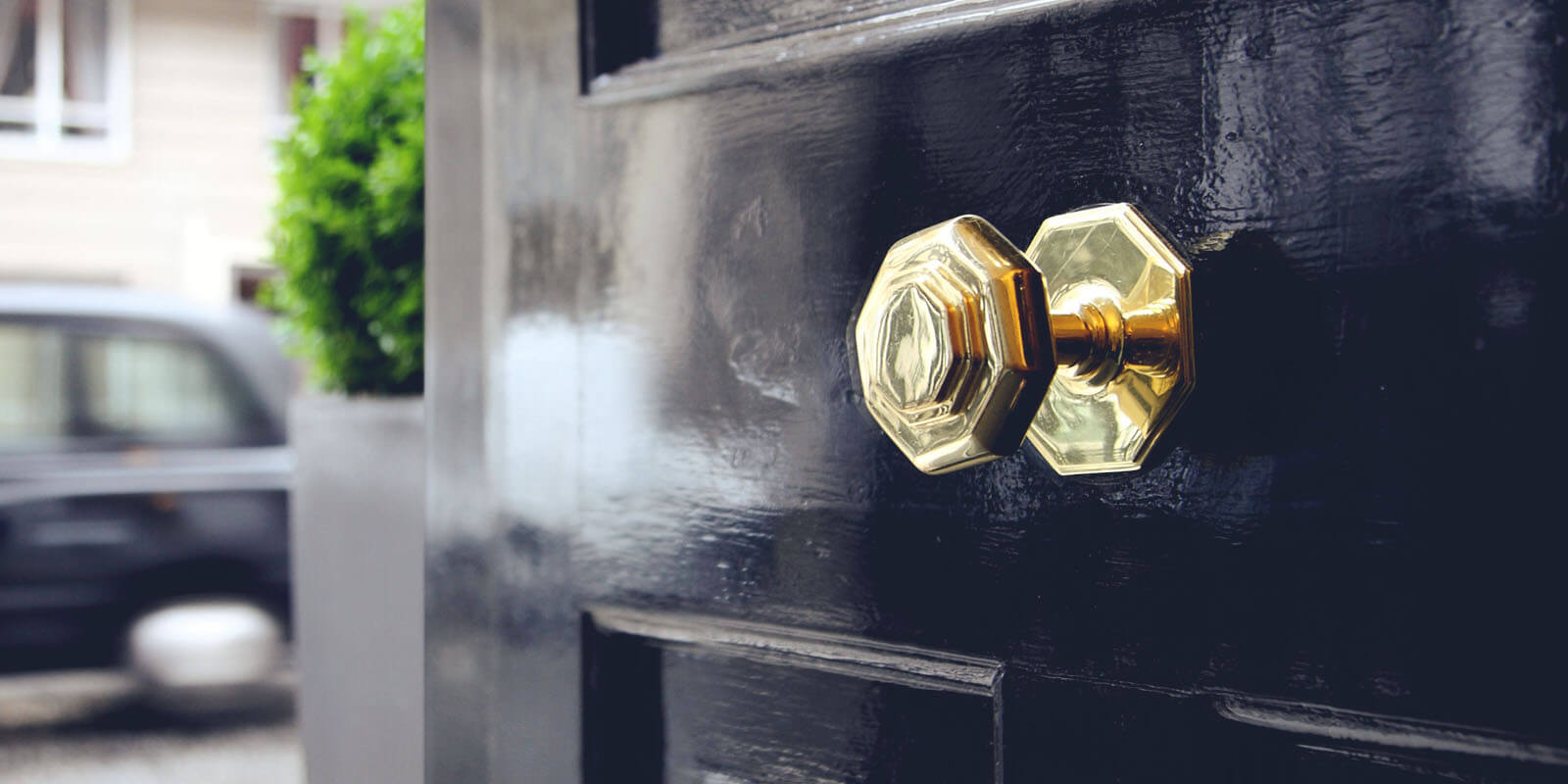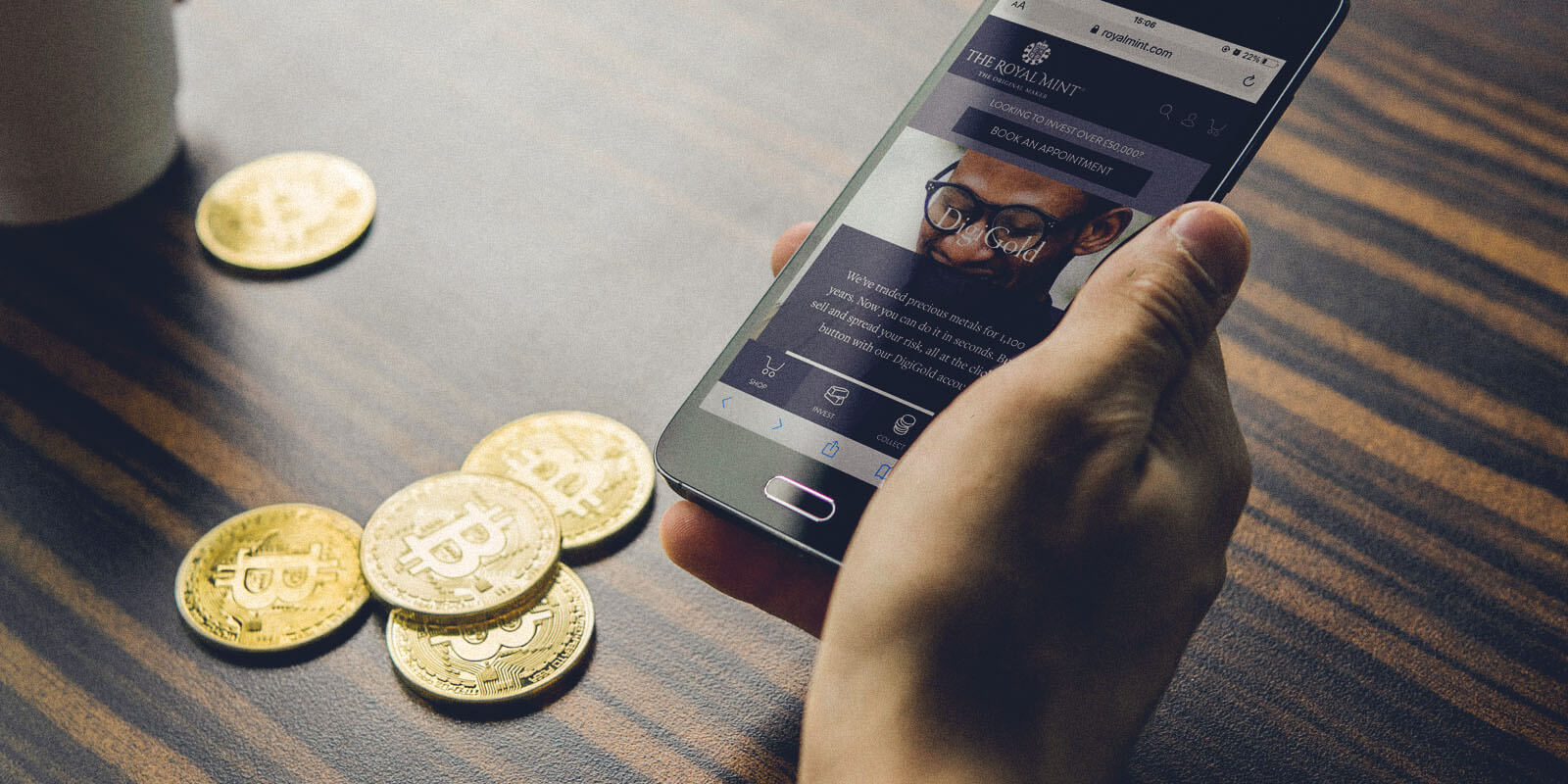Property has historically sat alongside cash, shares and bonds as one of the major asset classes in which to invest. Many choose to invest in property in some way during their life and simply owning your own home could be classed as a property investment. Others choose the ‘buy-to-let’ option, and purchase a second home, with the hope of offering it on the rental market. However, as any homeowner will tell you, owning a property is not as straightforward as it seems. In addition, as with any investment, there are a number of risks which must be considered.
Why Invest in Property?
As we have touched on previously, one of the most important factors to consider when building your investment portfolio is diversification. A diverse portfolio is comprised of assets and investments in different areas, and adding something like property to your portfolio, alongside other asset classes, can look to insulate your investments from wider-market fluctuations. This means, if one portion of your assets, such as the stock market, is performing in an unfavourable way, the performance of other assets, such as property, may compensate and mitigate risk and loss overall.
If we compare this to gold, in the same way property could assist you in diversifying your overall portfolio, gold is another asset which many investors choose to add to their portfolio to assist in diversification. Portfolio allocation analysis conducted by the World Gold Council indicates that investors who hold between 2% to 10% of their portfolio in gold can significantly improve performance of their portfolio overall. This is also stated to be true even when assuming a conservative average annual gold return of a modest 2% to 4% – well below its actual, long-term historical performance. Obviously, the returns from any investment are an important factor to consider when deciding on where to invest your capital.
Returns from Property Investment
When it comes to property, possible returns have historically been from rent, as a landlord, or simply the opportunity for capital growth if house prices rise and you choose to sell. Due in part to the coronavirus pandemic, the property market saw significant volatility during 2021, as many individuals chose to move house due to a change in circumstances, or because they decided that their current home no longer suited their needs. Although many news outlets reported historic price rises, one of the most notable sources for property information is the Halifax House Price Index. This resource offers a useful insight into the overall market performance as, since 1983, it has been recording and reporting on the average house price as well as regional prices and monthly changes. In the June 2021 report, it stated that UK house-price growth had neared a seven-year high, rising 9.5% from the previous year.
Although this increase would appear to be significant, and suggests that the coronavirus pandemic had a substantial effect on the housing market, the pandemic also greatly impacted the gold market. Focusing purely on the gold price in GBP, from 2 January 2020 to 4 January 2021, LBMA market data shows the gold price increased from £1,520.55 to £1,930.80 – an increase of 26.98%.
We must remember of course that returns from either gold or property cannot be measured on returns from an increase in the overall price alone. This is because with most investments there are ongoing costs which must be accounted for so that any possible returns can be adjusted.
The Cost of Property Ownership
In the first instance, owning a second ‘buy-to-let’ property will likely mean that you have significant capital invested in this second property. Purchasing a property requires an initial outlay by way of a deposit on a mortgage, or perhaps simply purchasing the property outright. However, with either of these options, a substantial sum of money will be ‘tied up’ in the property and would not be easily accessible should you need it.
In addition to this, if you have ever bought or sold a house, you will be aware of the length of time this transaction can take. If you need to quickly release capital from the property, selling it can take a long time – even if the market conditions are favourable and a buyer is found immediately. As well as the time involved, the fees can be considerable. Buying or selling a home will usually involve fees and payments to estate agents, property surveyors, stamp duty as well as land tax, solicitors and conveyancing.
In comparison to this, should you wish to invest the same capital in gold, the process is very different. Gold is available as coins, bars or in a digital format, such as DigiGold from The Royal Mint. If you choose to take delivery of coins or bars, you can sell them at any time to any bullion dealer, anywhere in the world. Gold is internationally recognised as a valuable asset and it is relatively straightforward to sell it and liquidate your asset should you need the capital invested in it. Similarly, it is important to note that with many gold investment options, if you only wish to sell some of your gold holding this is usually possible. Selling just some of your coins or perhaps a portion of your DigiGold investment means that you still have some capital invested which you can retain and sell at a future date.
Likewise, if you choose to store your coins or bars at The Royal Mint or purchase DigiGold, our digital gold investment option, selling your precious metal couldn’t be simpler. From within your account area you are able to sell all or part of your holding at any time. The money from the transaction can then be transferred back to your bank account. The Royal Mint currently charges a flat fee of 1% to process sell transactions for DigiGold so the fees are also straightforward and transparent. When compared to months of estate agent and solicitor letters and phone calls, a click of a mouse certainly seems a more attractive proposition.
Ongoing Costs Compared
As income from property would rely solely on rent, you would need to constantly have a tenant in place to cover the costs. If you are lucky enough to have a long-term tenant who pays their rent in full each month, this is usually not an issue, but in times of slow rental markets, you may find your property remains empty for a number of months between tenants. As you are relying on this rental each month to cover the mortgage costs, periods where the property is empty could mean you are paying for multiple mortgages out of your own pocket. Additionally, if the cost of the mortgage repayments increases, there is no guarantee that you will be able to earn enough rent to cover the mortgage repayments each month, potentially leaving a shortfall which you must cover.
There are other ongoing costs of owning a property, of course. As well as buildings insurance, even an empty property will require maintenance of the building and garden as well as the internal fixtures, fittings and appliances. Each month you are required to pay bills such as council tax, water rates and even electricity and gas. If the property is occupied, some of these bills may be covered by the tenants, but a contingency will need to be in place should this not happen for any reason.
If we compare this to gold investments, the cost of purchasing any precious metal product and storing it yourself at home could be negligible, and it would likely only be the increased home insurance premium which you may have to pay. Other investors choose to store their bullion in a dedicated vault, and there would usually be an ongoing storage fee associated with this. However, the security and peace of mind of storing DigiGold at The Royal Mint comes with an ongoing fee of just 0.5% + VAT. This fee covers the storage, management and security of keeping your investment safe, and allows you to store it directly at The Royal Mint – one of the most secure locations in the UK.
What About Tax and VAT?
In recent years there have been a number of legal and regulatory changes to tax allowances, which means that the attractiveness of becoming a landlord is perhaps less appealing. As an example, in 2018, the chancellor announced a restriction to letting relief on Capital Gains Tax (CGT), which had followed a 3% increase in stamp duty on second homes introduced in prior years. If we compare this to gold, UK legal tender coins such as The Sovereign or the Britannia are exempt from CGT for UK residents due to their legal tender status.
In addition, since 1 January 2000, VAT is not payable on investment gold. All investment gold bullion, including bars, coins and DigiGold, fall under this exemption, which makes them an ever-attractive proposition. The removal of a VAT fee fell in line with the EC Council Directive 98/80 EC, which harmonised regulations between the UK and the rest of the EU.
In Conclusion
As we have established, investing in either property or gold can provide returns, but the practicalities of each of these investment options are very different. Whilst purchasing a property is a sizeable investment, which carries a number of risks and ongoing costs, investing in gold can be a more flexible option, especially when it comes to liquidating some or part of the asset, and when it comes to ongoing costs. In times of economic uncertainty, many investors turn to the stability of gold and, although returns of each investment can vary greatly, the stability of gold is very different to the ongoing costs and uncertainty of owning a property.



